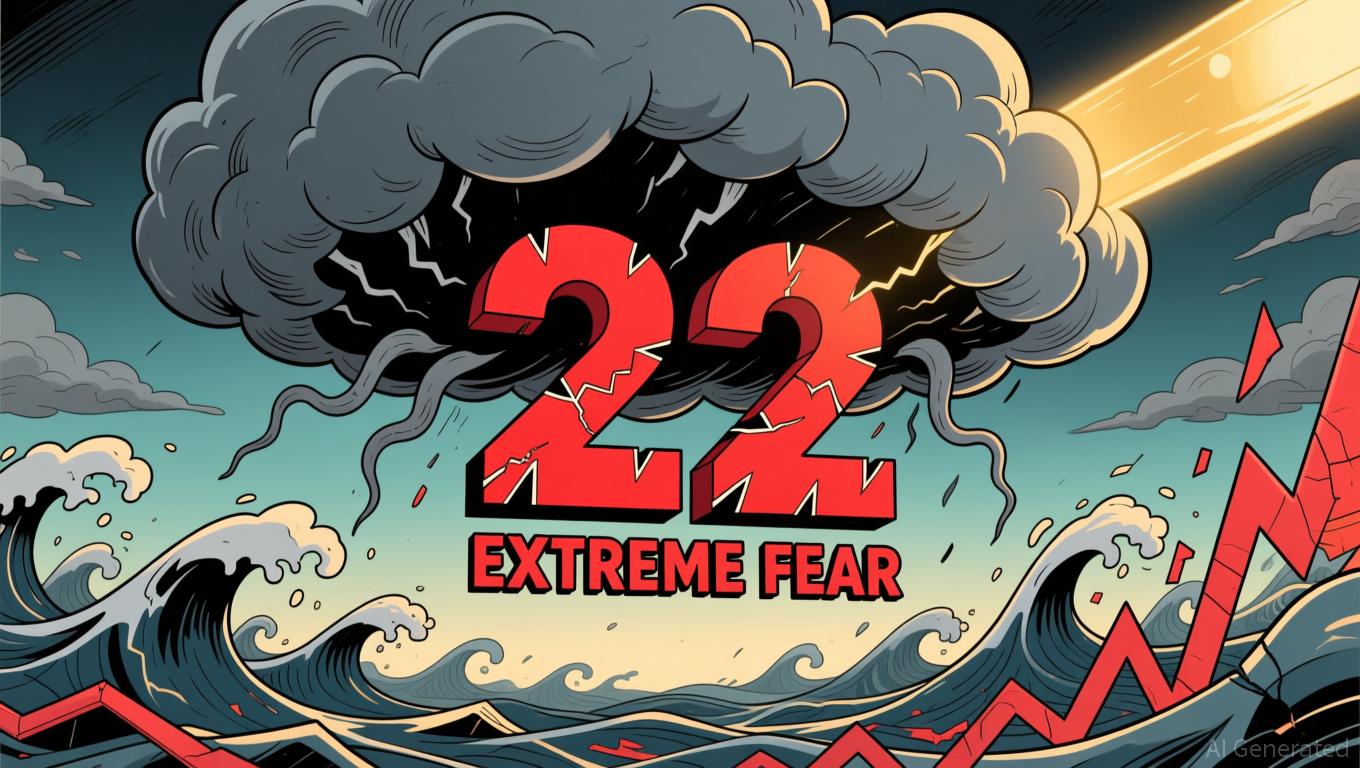Fed Faces 71% Chance of Rate Cut, Underscoring the Challenge of Balancing Inflation and Employment
- Fed's December 25-basis-point rate cut odds rose to 71% as traders anticipate easing despite internal policy divisions. - Officials balance inflation risks (above 2% target) against labor market strains revealed in October meeting minutes. - Upcoming data on inflation, oil inventories, and global markets will shape final decision before December meeting. - Cryptocurrency markets show mixed signals: Bitcoin stagnates while stablecoin reserves hit record highs amid uncertainty.
The likelihood that the Federal Reserve will lower interest rates by 25 basis points in December has climbed to 71%,
Federal Reserve officials are still at odds over whether a rate reduction in December is warranted,
Forthcoming economic reports will be crucial in guiding the Fed’s next move. On November 19, key data releases include U.S. crude oil stockpiles, the FOMC meeting minutes, and inflation figures from both the Euro Zone and the U.K.

The prevailing uncertainty has already impacted financial markets, especially within the cryptocurrency space.
Although the Fed’s December decision is still up in the air, the potential consequences for the economy and markets are considerable. A rate reduction might boost risk assets and encourage growth, while holding rates steady could reflect ongoing concerns about inflation. As the central bank carefully weighs its options, investors will be watching closely for any signals in its statements and upcoming data releases.
Disclaimer: The content of this article solely reflects the author's opinion and does not represent the platform in any capacity. This article is not intended to serve as a reference for making investment decisions.
You may also like
Switzerland Postpones Crypto Tax Data Exchange to Meet Technological and International Requirements
- Switzerland delays crypto tax data sharing until 2027, aligning with global regulatory reevaluations amid evolving tech and market dynamics. - SGS acquires Australia's Information Quality to boost digital revenue, reflecting Swiss firms' expansion into tech-driven compliance solutions. - Canada's Alberta oil sands policy shift highlights governments prioritizing economic growth over strict climate regulations, mirroring Switzerland's approach. - BridgeBio's precision medicine and Aires' EMF solutions dem

Switzerland's Focus on Privacy Conflicts with International Efforts for Crypto Taxation
- Switzerland delays crypto tax data sharing with international partners until 2027, contrasting with global regulatory efforts to close offshore loopholes. - The U.S. advances implementation of the OECD's CARF framework, aiming to automate reporting on foreign crypto accounts by 2029. - CARF requires foreign exchanges to report U.S. account details, mirroring traditional tax standards and targeting crypto tax evasion. - Switzerland's privacy-focused stance highlights tensions between financial confidentia

Zcash News Update: Reliance Shifts Entirely to Zcash, Citing Privacy and Regulatory Alignment
- Reliance Global Group, a Nasdaq-listed fintech firm, shifted its entire crypto portfolio to Zcash (ZEC), divesting Bitcoin , Ethereum , and other major coins. - The strategic pivot, announced November 25, prioritizes Zcash's privacy-focused zk-SNARKs technology for institutional compliance and selective data disclosure. - Zcash's 1,200% 90-day price surge and Grayscale's ETF filing highlight growing institutional interest in privacy-centric assets. - The move reflects broader crypto industry trends towar
Bitcoin News Update: Bitcoin Fear Index Drops to 22 While Investors Look for Signs of Market Rebound
- Bitcoin Fear & Greed Index rose to 22 from 20, indicating slight easing of extreme fear but persistent bearish sentiment. - Bitcoin stabilized near $87,000 after hitting $80,553, yet remains below key resistance levels amid $3.5B ETF outflows. - Structural factors like leverage and liquidations drive selloffs, with ETF redemptions correlating to 3.4% price drops per $1B outflow. - Analysts note oversold technical indicators and waning retail capitulation as potential inflection points for near-term rebou
